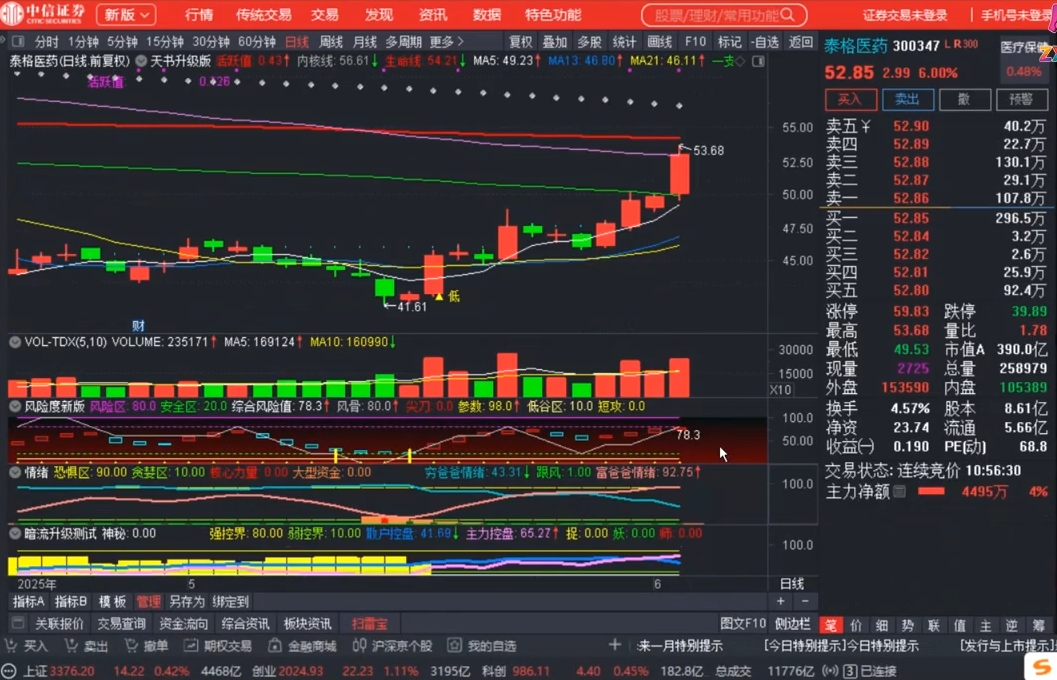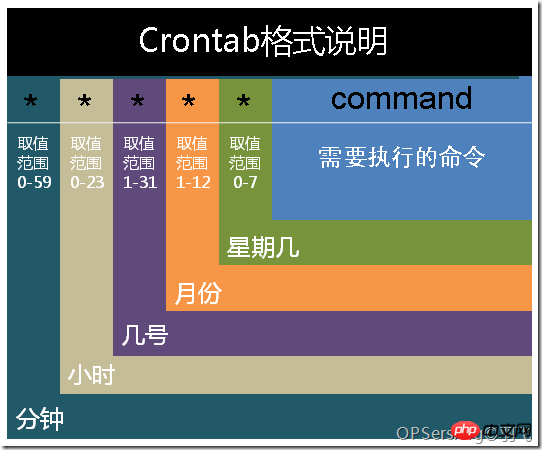
在linux操作系统里,存在多种方式可以用来清理临时文件。以下是几种常见的手段:
1. 运用 rm 指令
借助 rm 指令能够移除指定的临时文件或者目录。
# 清空 /tmp 文件夹里的所有文件 rm -rf /tmp/* <h1>清理特定扩展名的临时文件,比如 .tmp 文件</h1><p>rm -rf /tmp/*.tmp
2. 使用 find 命令
find 命令具备更高的灵活性,能精准定位并删除临时文件。
# 清理 /tmp 文件夹内超过7天的文件 find /tmp -type f -mtime +7 -exec rm -f {} ;</p><h1>清理所有以 .tmp 结尾的文件</h1><p>find /tmp -type f -name "*.tmp" -exec rm -f {} ;
3. 利用 systemd-tmpfiles 工具
systemd-tmpfiles 是一种专门用于管理临时文件的工具,可设定自动化的清理规则。
首先,确认安装了 systemd-tmpfiles:
sudo apt-get install systemd-tmpfiles # Debian/Ubuntu sudo yum install systemd-tmpfiles # centos/RHEL
接着,创建或修改 /etc/tmpfiles.d/ 下的配置文件,例如 conf.local:
sudo nano /etc/tmpfiles.d/conf.local
加入如下内容:
# 在 /tmp 文件夹内清除7天以上的文件 d /tmp 1777 root root -
保存退出后,重启 systemd-tmpfiles 服务:
sudo systemctl restart systemd-tmpfiles-setup.service
4. 编写清洁脚本
可以设计一个简易的脚本来整理临时文件。
#!/bin/bash</p><h1>清理 /tmp 文件夹内超过7天的文件</h1><p>find /tmp -type f -mtime +7 -exec rm -f {} ;</p><h1>清理所有以 .tmp 结尾的文件</h1><p>find /tmp -type f -name "<em>.tmp" -exec rm -f {} ;
把这段代码保存为 clean_tmp.sh,给予执行权限并执行:
chmod +x clean_tmp.sh ./clean_tmp.sh
5. 设置 cron 定期任务
可以通过 cron 定期任务来按计划清理临时文件。
编辑 crontab 文件:
crontab -e
添加如下内容以便每天凌晨2点执行清理任务:
0 2 </em> <em> </em> /path/to/clean_tmp.sh
保存退出。
利用上述方式,你就可以高效地管控与清理Linux系统中的临时文件。依据自身需求挑选合适的方式实施操作即可。
© 版权声明
文章版权归作者所有,未经允许请勿转载。
THE END



















